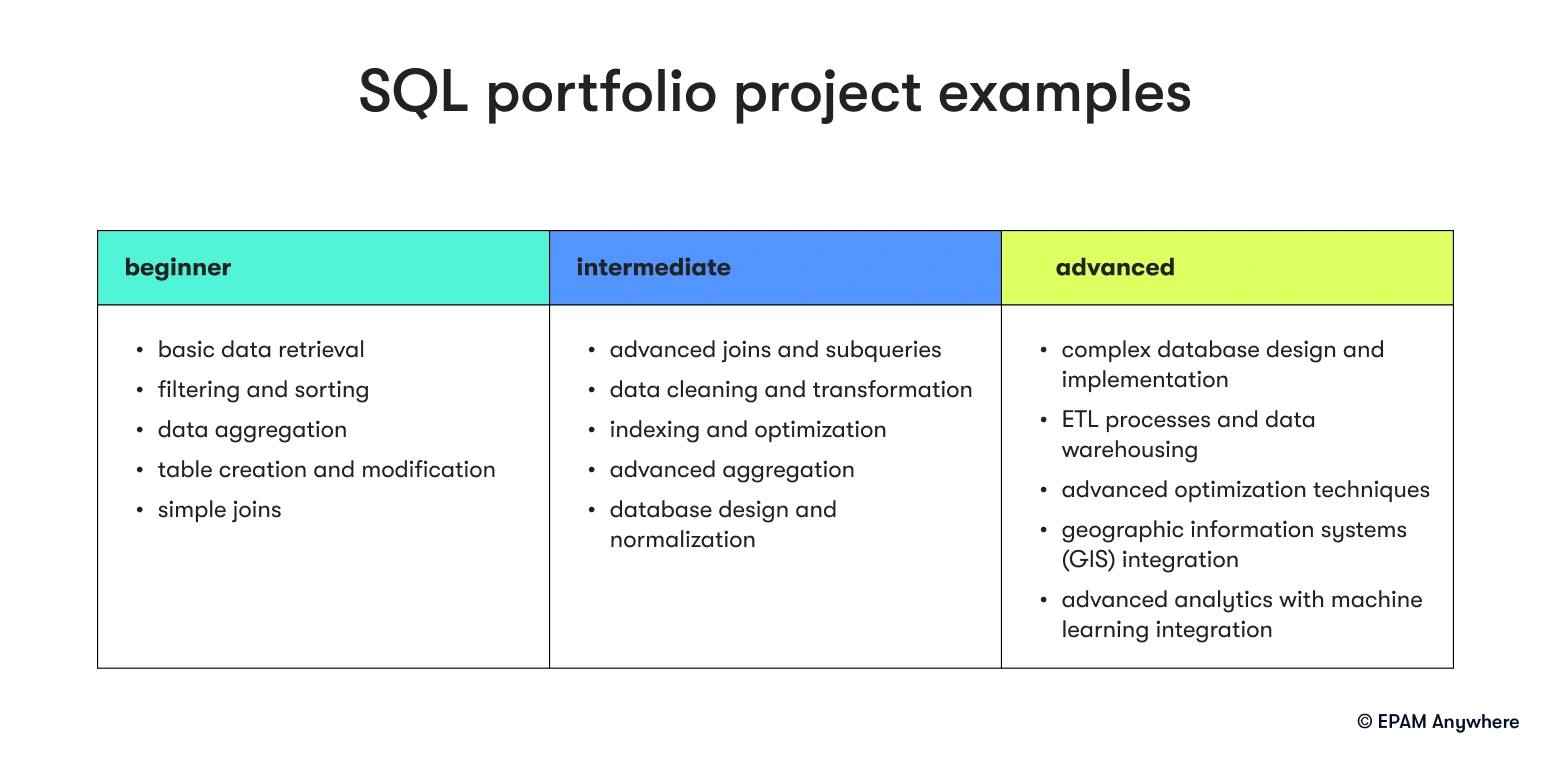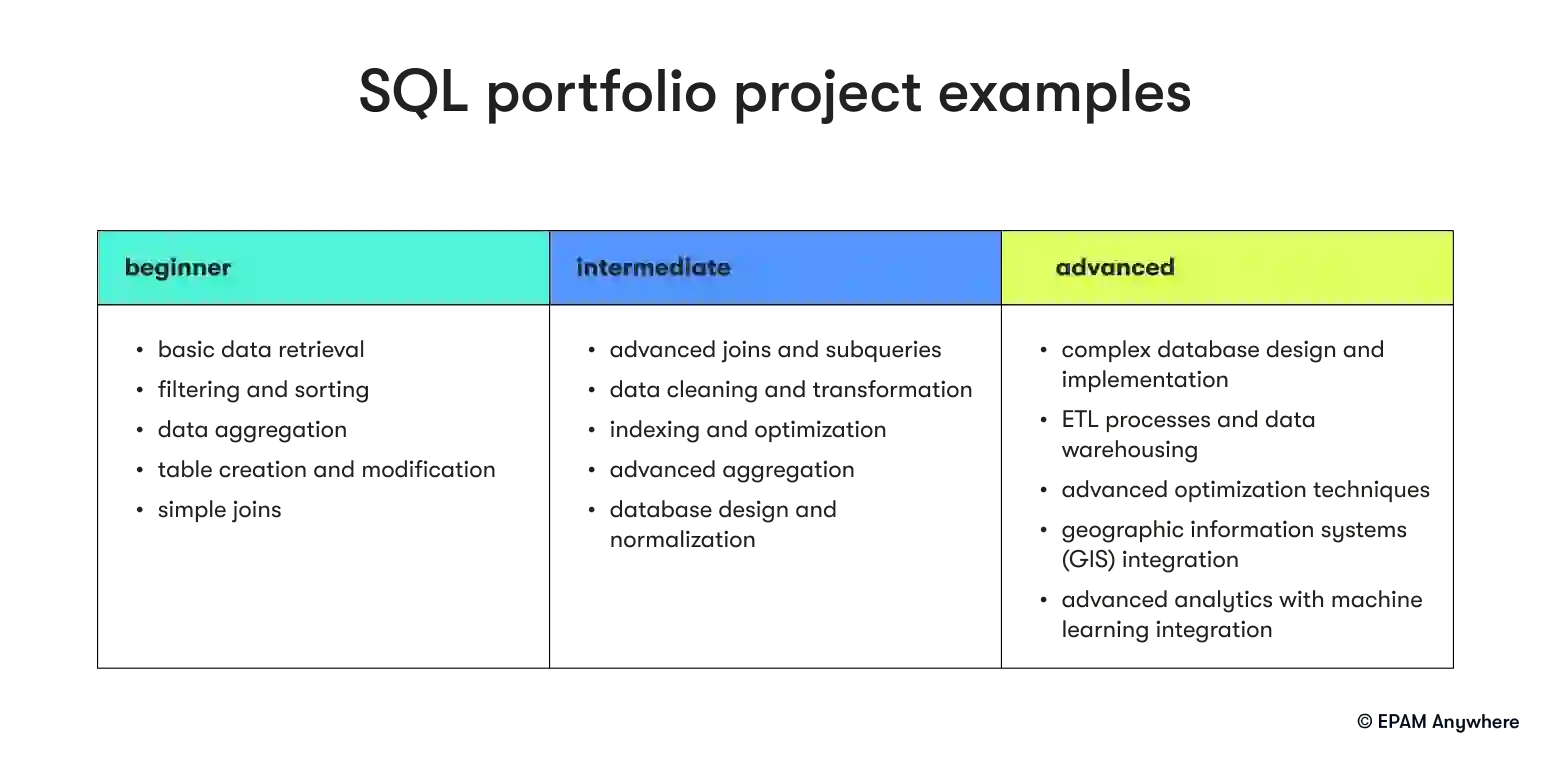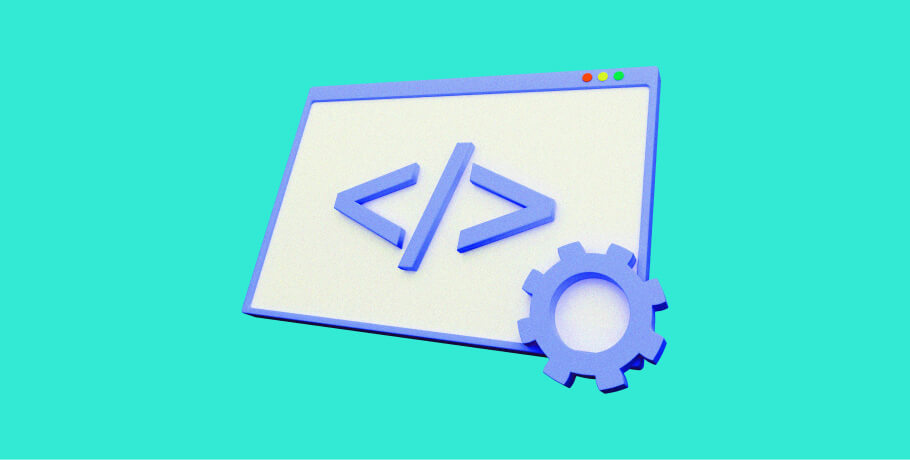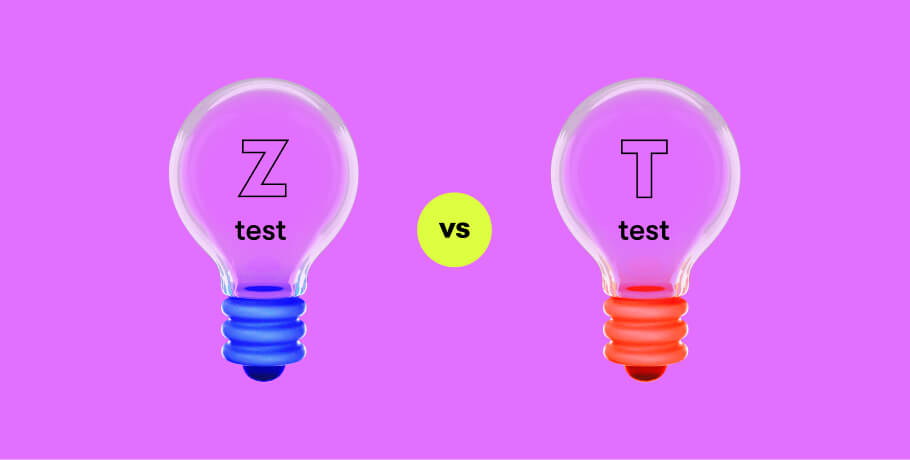In today's business world, using data to make decisions is super important. Imagine finding the most crucial info from a heap of data — that's where a cool language called SQL comes in. Learning SQL isn't just useful; it's like having a secret weapon for success because it helps you understand and use data better.
Furthermore, SQL databases are used by practically all websites and applications you use, thus it's important in the digital age.
We've included the list of portfolio project examples so you can see how it all works. Not only do these projects help you learn SQL, but they're also fun places to play and learn before applying for SQL developer jobs.
What are SQL projects?
SQL portfolio projects are real-world applications where individuals showcase their SQL skills by solving practical problems related to data management and data analysis. An individual's database skills, query execution prowess, and capacity to extract meaningful insights from structured data can be attested to by these initiatives.
Typically undertaken by data science enthusiasts, analysts, or aspiring database professionals, SQL portfolios vary in complexity based on dataset skill levels.
For beginners, projects may involve basic data retrieval, filtering, and sorting. Intermediate SQL projects often revolve around joining tables, using subqueries, and data transformation.
You can show off your skills and how well you can handle different parts of data by having a variety of SQL projects and a detailed SQL resume. The work you do on these projects shows that you know how to use advanced SQL, which is good for people who want to hire you.
boost your career with EPAM Anywhere
Apply for our SQL developer job to enjoy a forever-remote workstyle and top projects for Forbes Global 2000 clients.
Why do SQL projects matter?
SQL projects matter immensely in the realm of data analysis as they serve as tangible proof of one's ability to translate theoretical knowledge into practical applications.
These projects showcase adeptness in manipulating and deriving insights from dataset, addressing real-world challenges. They provide a concrete representation of problem-solving skills, attention to detail, and the capability to navigate diverse data scenarios.
As valuable assets in a data analyst's portfolio of skills, SQL projects act as a bridge between theoretical understanding and hands-on proficiency in practice and user using, making individuals stand out in a competitive job market. Employers recognize the significance of these SQL projects for data analyst portfolios, valuing candidates who can showcase not just what they know about SQL but how effectively they can leverage and practice it to solve complex user and business problems.
For any company aiming to remain competitive, harnessing the power of data and making swift, accurate decisions based on it is imperative. Leading organizations place a premium on data analysts proficient in SQL, creating substantial opportunities for career growth.
Acquiring advanced SQL skills used for dataset analytics not only opens doors to attractive job prospects but also serves as a foundational skill in data analytics, data science, big data analysis, and various prominent tech domains. These online database certification courses are designed to take you from basic to advanced database management skills.
They enable you to explore widely-used databases, write code, undertake real-world projects with SQL examples, and gain practical experience through hands-on cloud labs.
Top beginner SQL projects examples
For beginners venturing into the fascinating world of SQL, embarking on simple yet impactful projects is a fantastic way to solidify foundational skills and gain hands-on experience.
Let's explore a curated list of top beginner SQL projects that serve as engaging entry points into the realm of databases and structured query language.
Basic data retrieval
Embark on the journey of advanced SQL proficiency by creating queries that extract specific information from datasets. Master the SELECT statement to refine your skills in data extraction, setting the stage for more intricate queries. This project ensures a hands-on understanding of various parameters of the core SQL function, laying a robust foundation for subsequent challenges in the realm of various parameters of dataset manipulation.
Filtering and sorting
Elevate your querying prowess as you delve into WHERE and ORDER BY clauses. Navigate through data filtering, refining your ability to pinpoint relevant information. This project emphasizes effective data organization, a crucial dataset skill for any budding data analyst.
By sorting and arranging data based on specified conditions, you not only enhance your SQL capabilities but also gain valuable insights into the art of structured data manipulation.
Data aggregation
Take a deeper dive into SQL functionality with data aggregation using GROUP BY and aggregate functions. Harness the power of COUNT, SUM, AVG to analyze datasets and derive meaningful conclusions.
This project introduces you to the world of summarizing data, an essential skill for any data professional. By mastering aggregate functions, you'll gain the ability to distill complex datasets into valuable, concise insights.
Table creation and modification
Explore the fundamental principles of database design through the creation and modification of tables. Use commands like CREATE TABLE and ALTER TABLE to gain hands-on experience in structuring datasets. This project is a crucial step toward understanding the backbone of relational databases.
By engaging in table creation and modification, you not only grasp theoretical concepts but also apply them in practical scenarios, laying a solid foundation for future database endeavors.
Simple joins
Advance your SQL journey by mastering basic INNER JOIN operations, enabling the merging of data from multiple tables. Dive into projects that involve combining datasets, providing solutions to complex queries.
This hands-on experience in data integration prepares you for the intricacies of working with relational databases, fostering a comprehensive understanding of SQL's capabilities in real-world applications.
Top intermediate SQL projects
In intermediate-level SQL projects, we tackle more advanced data tasks. This includes digging into data from multiple tables using complex query techniques like subqueries, joins, and group functions.
Additionally, these projects involve transforming data, like adding new calculated columns or grouping information in different ways to create more. Imagine it as stepping up from the basics, where you not only analyze data intricately but also make it more insightful by adding new details or organizing it in various ways to create more.
Now, let's explore a few of these interesting projects at the intermediate level.
Advanced joins and subqueries
As you develop and progress to intermediate SQL projects, challenge yourself with advanced join operations and subqueries. Combine data from one query into multiple tables using INNER and OUTER JOINs, gaining a deeper understanding of relational databases.
Integrate subqueries to tackle complex queries, refining your skills in retrieving information nested within other queries. This project sharpens your ability to navigate intricate data relationships, a crucial skill for handling more sophisticated database scenarios.
Data cleaning and transformation
Take a dive into the world of data cleaning and data transformation. Work on projects where you cleanse data, and transform data using UPDATE and DELETE statements. This intermediate-level task provides practical experience and practice in handling messy datasets, preparing you for real-world scenarios where data quality is paramount.
Gain insights into the nuances of data preparation and ensure that the information you work with is accurate, consistent, and ready for analysis.
Indexing and optimization
Delve into the SQL optimization realm with projects focused on indexing and on SQL query performance. Learn how to build an SQL portfolio to analyze and optimize queries for efficiency, ensuring they run smoothly on large datasets.
Understand the significance of indexes in speeding up data retrieval, a critical skill for anyone dealing with substantial databases. This intermediate project not only enhances your technical proficiency but also equips you with tools to address the challenges of working with extensive datasets in a performance-driven environment.
Advanced aggregation
Elevate your aggregation skills by working on projects that involve advanced techniques. Explore the use of window functions to perform complex analytical queries, gaining insights into data patterns and trends. This intermediate-level project pushes the boundaries of traditional aggregation, preparing you for scenarios where nuanced data analysis and advanced computations are required.
Database design and normalization
Advance to develop your understanding and practice of database design by undertaking practice projects that involve creating relational database schemas and normalizing data. This intermediate practical task challenges you to develop your skills and to think critically about data organization, ensuring that databases are structured efficiently.
Gain hands-on experience in designing databases that are scalable, maintainable, and adhere to normalization principles. This project serves as a crucial stepping stone toward mastering the art of creating well-architected and optimized databases in real-world applications.
Top advanced SQL projects
Engaging in advanced-level SQL projects often involves undertaking intricate data modeling activities. This includes the creation and implementation of database schemas capable of efficiently managing extensive volumes of data with complex interconnections. Additionally, these projects employ advanced optimization methods, such as partitioning, indexing, and query optimization, aimed at enhancing overall efficiency. Now, let's delve into the specifics of five sophisticated advanced-level projects that embrace these challenging data modeling and optimization tasks and help you compete for a higher SQL developer salary.
Complex database design and implementation
Embark on an advanced SQL project by designing and implementing a complex relational database from scratch. This involves creating intricate schemas, defining relationships, and ensuring optimal normalization. Tackle real-world scenarios where data integrity and efficiency are paramount. This project not only tests your creativity in database architecture but also prepares you for the challenges of managing large-scale, multifaceted systems.
ETL processes and data warehousing
Delve into Extract, Transform, Load (ETL) processes and data warehousing. Design and implement comprehensive ETL pipelines to extract data from diverse sources, transform it to meet specific requirements, and load it into a centralized data warehouse. Navigate the complexities of handling diverse data formats, ensuring data quality, and creating a robust foundation for advanced analytics. This project provides a deep dive into the strategic aspects of managing and optimizing data workflows.
Advanced optimization techniques
Take on projects focused on advanced optimization techniques. Analyze and optimize complex queries, utilizing indexing, query tuning, and execution plan analysis. Tackle scenarios involving large datasets where performance is critical. This project refines your ability to fine-tune SQL queries, ensuring they run efficiently in high-demand environments. Mastery of these optimization techniques is an essential skill for professionals dealing with data-intensive applications.
Geographic information systems (GIS) integration
Explore the integration of geographic information systems (GIS) with SQL databases. Work on projects that involve storing, retrieving, and analyzing spatial data. Implement spatial queries to solve real-world problems, such as mapping and location-based analytics. This advanced project not only broadens your SQL skill set but also prepares you for applications in diverse fields, including urban planning, logistics, and environmental analysis.
Advanced analytics with machine learning integration
Combine SQL with machine learning for advanced analytics and data science projects. Use SQL for data preparation, integration, and feature engineering before applying machine learning algorithms. Tackle predictive modeling, clustering, or classification tasks within the SQL environment. This project provides a holistic view of leveraging SQL's capabilities, bridging the gap between traditional database management and advanced data science projects.

Tools for SQL projects
In the tech world today, databases are super important for making software. As software gets more advanced and handling data gets trickier, working on databases becomes even more crucial. That's where Microsoft SQL Server shines — it's a top choice for developers in managing databases for software applications.
Now, let's check out some of the other best tools that can help you showcase your SQL expertise.
MySQL Workbench
A powerful visual design tool for MySQL databases. Ideal for beginners and experts, it offers features for database design, SQL development, and administration in a user-friendly interface.
Microsoft SQL Server Management Studio (SSMS)
A comprehensive tool for managing SQL Server databases. It provides a rich set of features, including script editing, data management, and performance monitoring, making it an essential tool for SQL Server users.
PostgreSQL
An open-source relational database management system with a strong reputation for reliability and extensibility. Ideal for SQL projects requiring scalability and advanced data types.
SQLite Database Browser
A user-friendly tool for working with SQLite databases. It allows users to browse, query, create, and modify SQLite database files, making it suitable for smaller projects and learning purposes.
DBeaver
A versatile, open-source database tool supporting multiple database management systems, including MySQL, PostgreSQL, and SQLite. DBeaver offers a unified interface for schema navigation, SQL editing, and data visualization, catering to the needs of both beginners and experienced developers.
Oracle SQL Developer
Tailored for Oracle Database, this tool provides a comprehensive environment for SQL development and administration. It includes features like a source code, insight, debugging, and data modeling, making it a go-to for Oracle-centric SQL projects.
Toad for SQL Server
A robust SQL Server database management tool offering a range of functionalities, from code development to performance monitoring. It streamlines SQL workflows and enhances productivity for SQL Server users.
Conclusion
Creating a strong SQL project portfolio is like going on an exciting journey. It's not just about knowing the language or having ideas; it's about showing what you can do. These projects prove your skills, making you stand out in the competitive world of data. Whether you're just starting, getting better, or already advanced, these projects help you improve. Share your portfolio on places like GitHub, LinkedIn, and your personal website to be seen in the tech community. Face challenges, tell your professional story, and see your portfolio become a powerful tool for growing your career in the always-changing world of data.
Frequently asked questions

With a focus on remote lifestyle and career development, Gayane shares practical insight and career advice that informs and empowers tech talent to thrive in the world of remote work.
With a focus on remote lifestyle and career development, Gayane shares practical insight and career advice that informs and empowers tech talent to thrive in the world of remote work.
Explore our Editorial Policy to learn more about our standards for content creation.
read more























